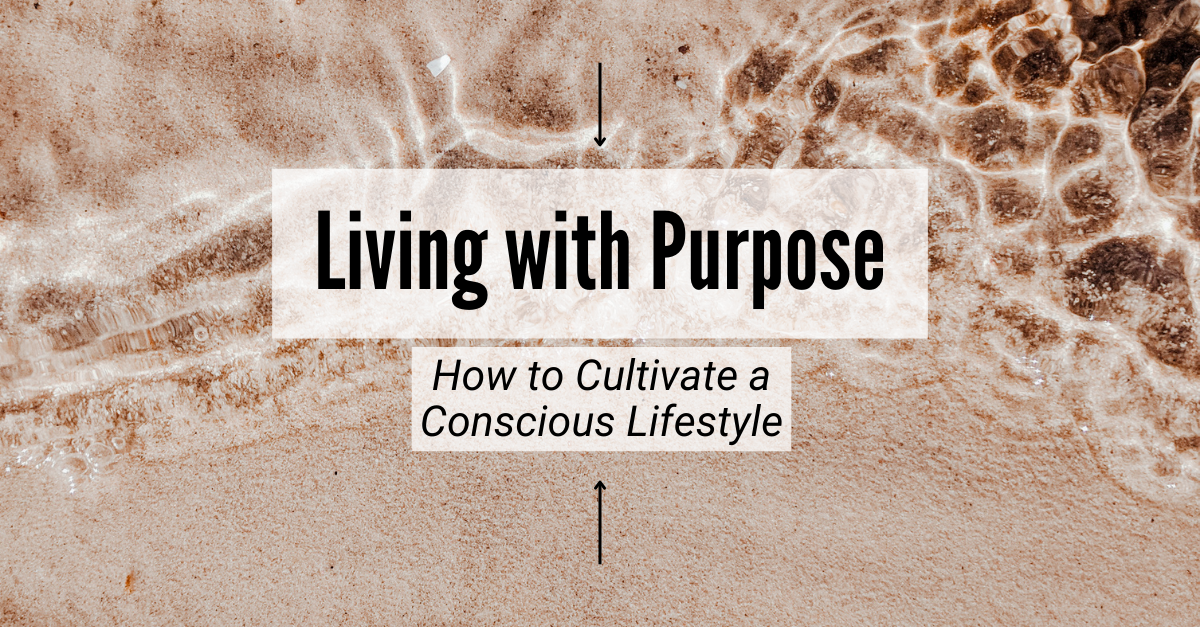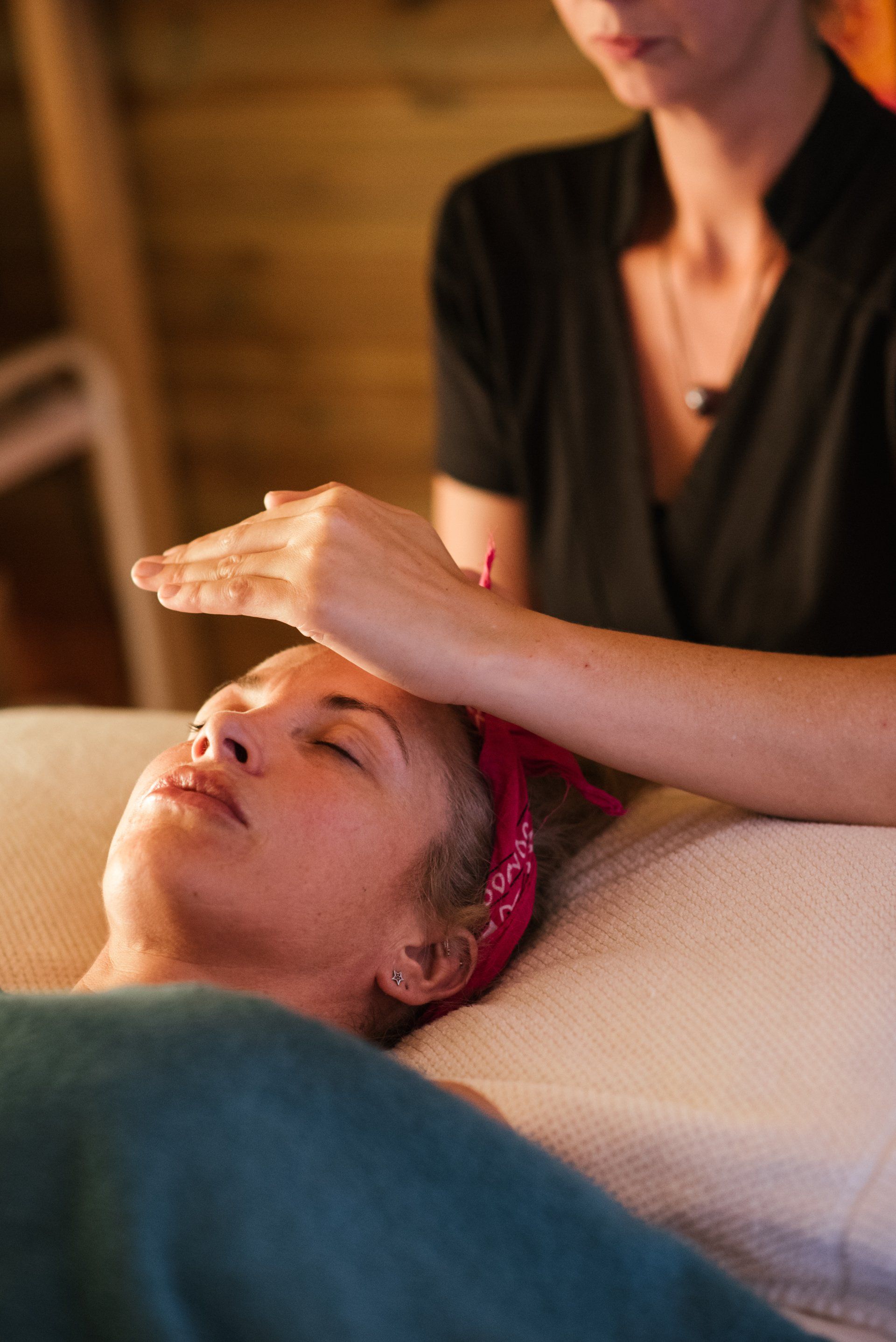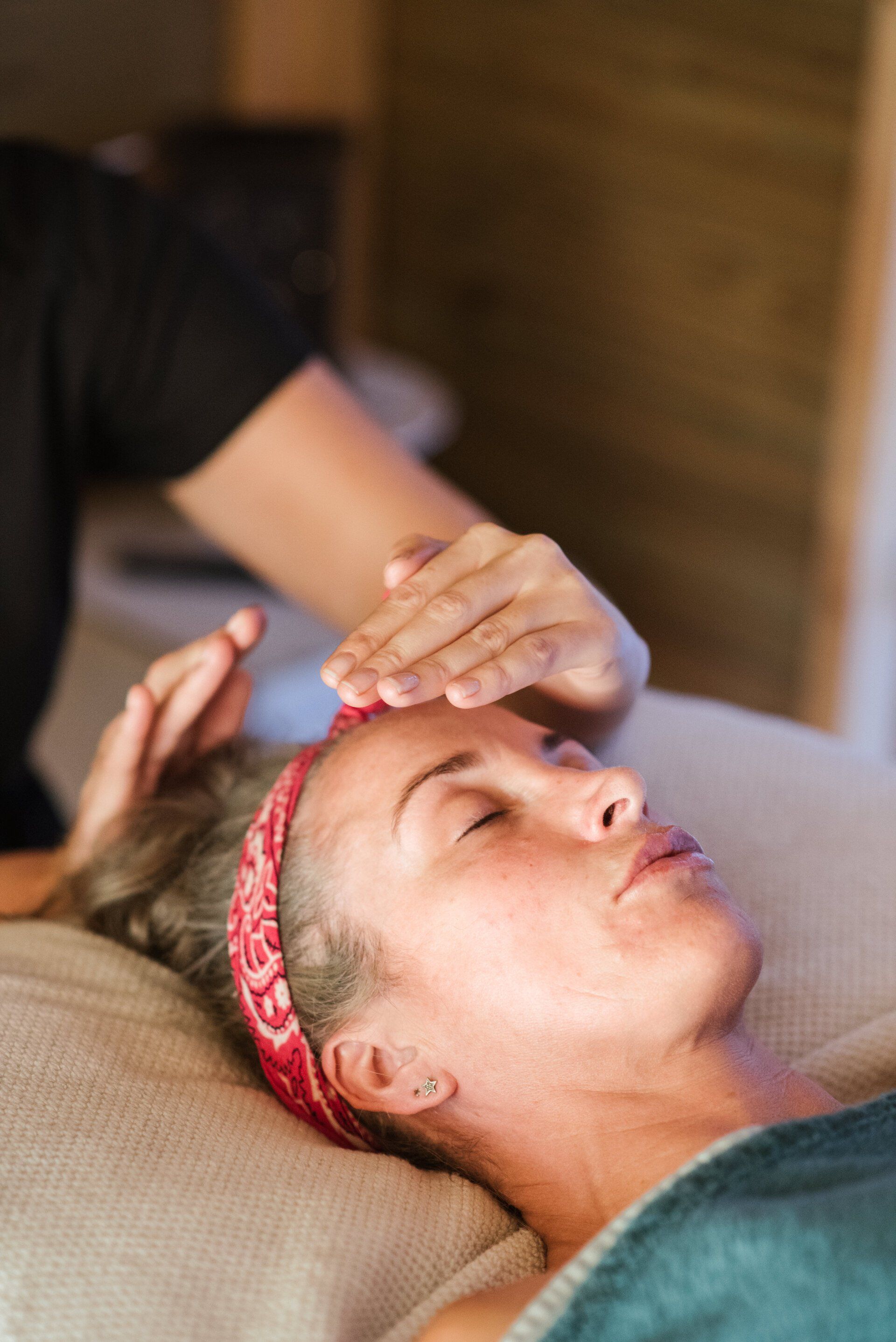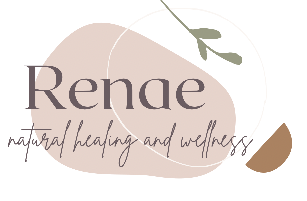Intuitive Healing vs. Traditional Medicine
Finding the Right Balance for Your Health

In today's world, it's becoming increasingly common to see people turning to alternative forms of healing to address their health concerns. While traditional medicine has its place in treating certain conditions, many individuals are seeking a more holistic approach that addresses the root cause of their ailments. This is where intuitive healing comes in. Intuitive healers use their intuition, empathy, and energy to identify and treat imbalances in the body and mind. But how does one strike the right balance between traditional medicine and intuitive healing? It's a question that many people are grappling with, and one that requires a thoughtful and personalised approach. In this article, we'll explore the benefits and limitations of both traditional medicine and intuitive healing, and provide some tips on how to find the right balance for your health. So, whether you're dealing with a chronic illness or simply looking to optimise your well-being, read on to learn more about this fascinating topic.
Understanding Intuitive Healing and Traditional Medicine
Intuitive healing is a holistic approach to healthcare that focuses on identifying and treating the root cause of an illness or condition. This approach is based on the idea that health problems are often the result of imbalances in the body and mind, and that these imbalances can be corrected through energy work, mindfulness practices, emotional release and other non-invasive techniques. Intuitive healers use their intuition, empathy, and energy to identify these imbalances and work with their clients to address them.
Traditional medicine, on the other hand, is a more conventional approach that relies on pharmaceuticals, surgical procedures, and other medical interventions to treat illnesses and conditions. This approach is based on the scientific method and is grounded in evidence-based research. Traditional medicine is often the first line of defense for serious illnesses and conditions, and it has saved countless lives over the years.
The Pros and Cons of Intuitive Healing
One of the biggest advantages of intuitive healing is that it is a non-invasive approach that does not rely on pharmaceuticals or surgical procedures. This makes it an attractive option for people who are looking for a more natural approach to healing. Intuitive healing also focuses on the root cause of an illness or condition, rather than just treating the symptoms. This can lead to a more holistic and sustainable approach to healing.
However, intuitive healing is not a replacement for traditional medicine, and it may not be effective for all conditions. Some people may find that their condition requires more aggressive treatment, and intuitive healing may not be enough to address their needs. In addition, there is often a lack of regulation and standardization in the field of intuitive healing, which can make it difficult to find qualified practitioners.
The Pros and Cons of Traditional Medicine
Traditional medicine has many advantages, including its rigorous scientific approach and evidence-based research. This approach has led to significant advancements in medical treatments and has saved countless lives over the years. Traditional medicine is also regulated and standardized, which means that patients can trust that they are receiving high-quality care.
However, traditional medicine also has its limitations. Pharmaceutical treatments can have significant side effects, and surgical procedures can be invasive and risky. In addition, traditional medicine often focuses on treating the symptoms of an illness or condition, rather than addressing the root cause. This can lead to a more superficial approach to healing.
Finding the Right Balance for Your Health
When it comes to finding the right balance between intuitive healing and traditional medicine, there is no one-size-fits-all solution. The key is to take a personalised approach that takes into account your individual needs and preferences.
Here are some tips for finding the right balance:
- Start by doing your research. Learn as much as you can about both intuitive healing and traditional medicine so that you can make an informed decision.
- Consult with your healthcare provider. Your doctor can help you determine whether intuitive healing may be a good option for you, and can also provide guidance on how to integrate it with traditional medicine.
- Be open-minded. Intuitive healing may be a new concept for you, but it's important to approach it with an open mind and a willingness to learn.
- Trust your intuition. Ultimately, you are the best judge of what works for you. If something doesn't feel right, trust your instincts and explore other options.
Integrating Intuitive Healing and Traditional Medicine
Integrating intuitive healing and traditional medicine can be a powerful combination that can lead to better health outcomes.
Here are some tips for integrating these two approaches:
- Be open and transparent with your healthcare providers. Let them know that you are exploring intuitive healing and how you plan to incorporate it into your healthcare regimen.
- Work with qualified practitioners. Look for intuitive healers who have been trained and certified in their field, and traditional healthcare providers who are open to integrating alternative approaches into their practice.
- Communicate with your healthcare team. Keep your healthcare team informed of any changes in your health and be open to their feedback and guidance.
- Be patient. Integrating two different approaches to healing can take time and patience. Be willing to experiment with different approaches and be open to adjusting your approach as needed.
Choosing the Right Practitioners
When it comes to choosing the right practitioners for intuitive healing and traditional medicine, it's important to do your research and ask plenty of questions. Here are some tips for choosing the right practitioners:
- Look for qualified practitioners. Look for intuitive healers who have been trained and certified in their field, and traditional healthcare providers who are licensed and experienced.
- Check their credentials. Make sure that your practitioners have the necessary certifications and licenses to practice their respective fields.
- Ask for referrals. Ask friends, family members, and healthcare providers for referrals to trusted practitioners.
- Do your research. Read reviews and testimonials online, and check the practitioner's website and social media profiles for more information.
Case Studies: Success Stories of Integrative Healing
There are many success stories of people who have found the right balance between intuitive healing and traditional medicine. Here are some examples:
- Kylie was recently diagnosed with asthma by her GP, when her mum was terminally ill with cancer. She was prescribed Ventolin to treat the onset of her systems to assist her with her breathing. Kylie decided to work with an Intuitive Healer to identify the root cause of her symptoms to hopefully discontinue the reliance on medication. Kylie and her Intuitive Healer worked together and identified that her asthma was due to unprocessed grief stored on her lungs. Together they worked through some blocks and released the trauma held in this energy centre. Since her initial 2 hour session, Kylie reported that she barely needed to use her Ventolin and has not used her Ventolin, at all, since her second visit. Kylie no longer needs to rely on her Ventolin to breath.
- Sue spent many years seeing phycologists and taking prescribed meditation, such as antidepressants, IBS medication and carried a diagnosis of ADHD. She felt that she was ready to move forward and believed that there was something better out there to calm her daily nerves and anxiety. She wanted a change and was in search to find something new. Sue and her Intuitive Healer spent several sessions together stripping back the layers. Looking at patterns, beliefs and childhood traumas. They visited some deep rooted core work and with the knowledge and support of Sue's GP they managed to reduce and finally eliminate Sue's antidepressant and IBS mediation. Sue is now working her dream job, has glowing confidence, can effectively manage her stress and anxiety (if any) and has repaired several relationship breakdowns.
These two case studies show how important traditional medicine can be at the onset of symptoms and diagnosis. However, by having a healthy balance of traditional with a root cause Intuitive Healing approach that the long term outcomes can be powerful.
Tools for Supporting Your Healing Journey
Whether you're exploring intuitive healing, traditional medicine, or a combination of the two, there are many tools and resources available to support your healing journey. Here are some examples:
- Mindfulness practices, such as meditation and yoga, can help you connect with your body and reduce stress.
- Nutritional supplements and dietary changes can help support your body's natural healing processes.
- Support groups and counseling can provide emotional support and guidance as you navigate your healing journey.
- Bodywork, such as massage and acupuncture, can help release tension and promote relaxation.
Overcoming Stigma and Resistance
Despite the growing popularity of intuitive healing, there is still a stigma attached to it in some circles. It's important to remember that everyone has the right to choose the healthcare approach that works best for them, and that there is no one-size-fits-all solution. If you encounter resistance or skepticism from others, remember that your health and well-being are your top priority.
Conclusion
In conclusion, finding the right balance between intuitive healing and traditional medicine requires a personalised approach that takes into account your individual needs and preferences. By exploring both approaches and integrating them as needed, you can achieve better health outcomes and a more holistic approach to healing. Remember to do your research, work with qualified practitioners, and trust your intuition as you navigate your healing journey.











